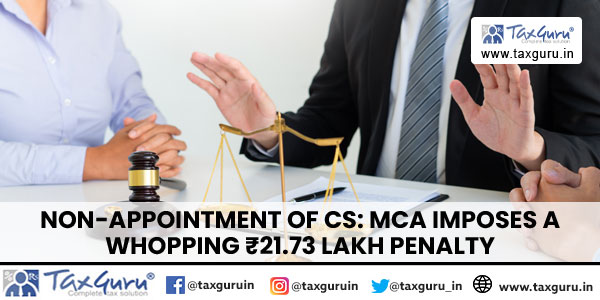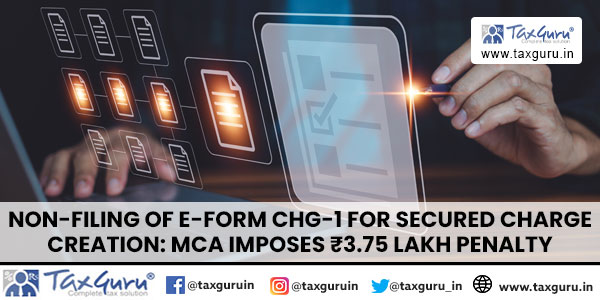Case Law Details
In the present case, the Assessing Officer has noted that the assessee had invested a certain amount of its funds in shares and that the dividend which has been received or receivable did not form part of the total income. The Assessing Officer noted that there were certain expenses on account of interest etc. which were directly attributable to the exempt income. The assessee had debited the entire expenditure to the profit or loss account. The Assessing Officer noted that since the exempt income does not form part of the total income, the expenditure which is directly related to income which does not form part of the total income could not be debited to the profit or loss account in view of the provisions of Section 14A of the Act. This, in our view, constituted a clear fulfillment of the requirement in sub-section (2) of Section 14A as well as sub-rule(1) of Rule 8D that the Assessing Officer was not satisfied with the correctness of the claim of the assessee, on the basis of the accounts of the assessee. The Assessing Officer has applied his mind to the accounts of the assessee as is ex facie apparent from the order of assessment under Section 143(3).
In this view of the matter, the order of the Tribunal to the extent to which it confirms the disallowance to the extent of Rs.96,000/- is unexceptionable. The Tribunal has, as we have already noted earlier, deleted the disallowance to the extent of Rs.66.79 lacs on the ground that on this aspect the borrowed funds were used for business purposes and no part thereof was used for making investment and, hence, the interest expenditure could not be considered for proportionate disallowance under Rule 8D. The remaining disallowance of Rs.96,000/- was on account of other expenditure. In making this allowance, representing 0.5% of the average value of the investment, the Assessing Officer had applied the provisions of Rule 8D(iii). The disallowance which was made in the aforesaid terms of Rs.96,000/- has been confirmed by the Tribunal. The Tribunal has relied upon an earlier decision. The position, however, is that the disallowance under Rule 8D(iii) which was made by the Assessing Officer was entirely in consonance with the prescribed method and was, therefore, correctly affirmed by the Tribunal. The computation of book profits under Section 115JB of the Act is consequential.
In view of this position, the appeal will not give rise to any substantial question of law. It is, accordingly, dismissed.


























